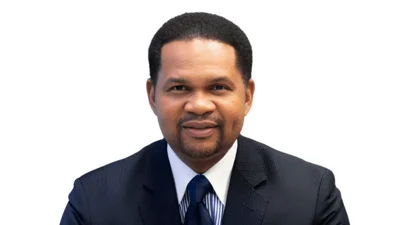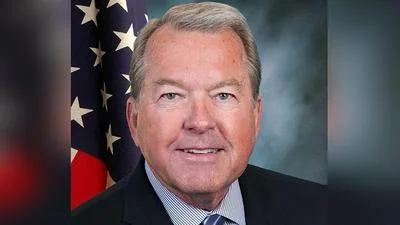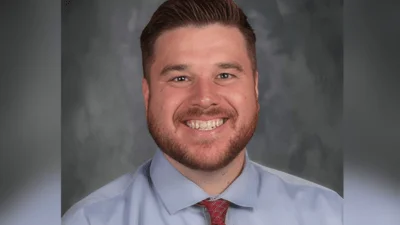Contributed photo
Contributed photo
To spotlight the details of Iranian financial transactions, U.S. Rep. Randy Hultgren (R-Naperville) recently voted with a House majority to pass H.R. 5461 — the Iranian Leadership Asset Transparency Act — which would require disclosure of financial assets of the leaders of what Hultgren called the world’s largest terrorist-sponsoring government.
Routed covertly through senior officials both by civic channels and along military chains of command, the path of Iranian funding for terrorist attacks is expected to surface as a result of the legislation. It is estimated that up to a third of Iran’s economy is controlled by such individuals and their associates.
Because much of the money is transferred through personal accounts, called “bonyads,” a large proportion of the cash has escaped scrutiny. Meanwhile, an Iranian civilian’s average annual wage is the equivalent of approximately $15,000.
“Iran’s sponsorship of terrorist attacks against the United States and our allies is well-known," Hultgren said. "Yet many of Iran’s citizens, and many who do business with Iran, are unaware of the corruption at the highest levels of the Iranian regime to fund terror."
The U.S. Senate now must consider the bill.
“Given this administration’s recent infusion of billions in cash to the Iranian government, further corruption is inevitable.”
The bill would function systematically, first by requiring the U.S. Treasury secretary to estimate funds and assets held by Iran’s top leaders, along with a tracking history of these assets, based on intelligence. Secondly, the intelligence would be cross-posted into languages spoken in Iran, hence exposing any corruption to the country’s citizens. Finally, the knowledge would let the nation’s banks and businesses better comply with money-laundering laws and weed out shady business associates.
“The Iranian Leadership Asset Transparency Act would expose the assets of these leaders, ensuring the public knows where they got their money and where it goes,” Hultgren said. “A public list will ensure we understand how corruption is harming ordinary Iranians and the United States.”






 Alerts Sign-up
Alerts Sign-up